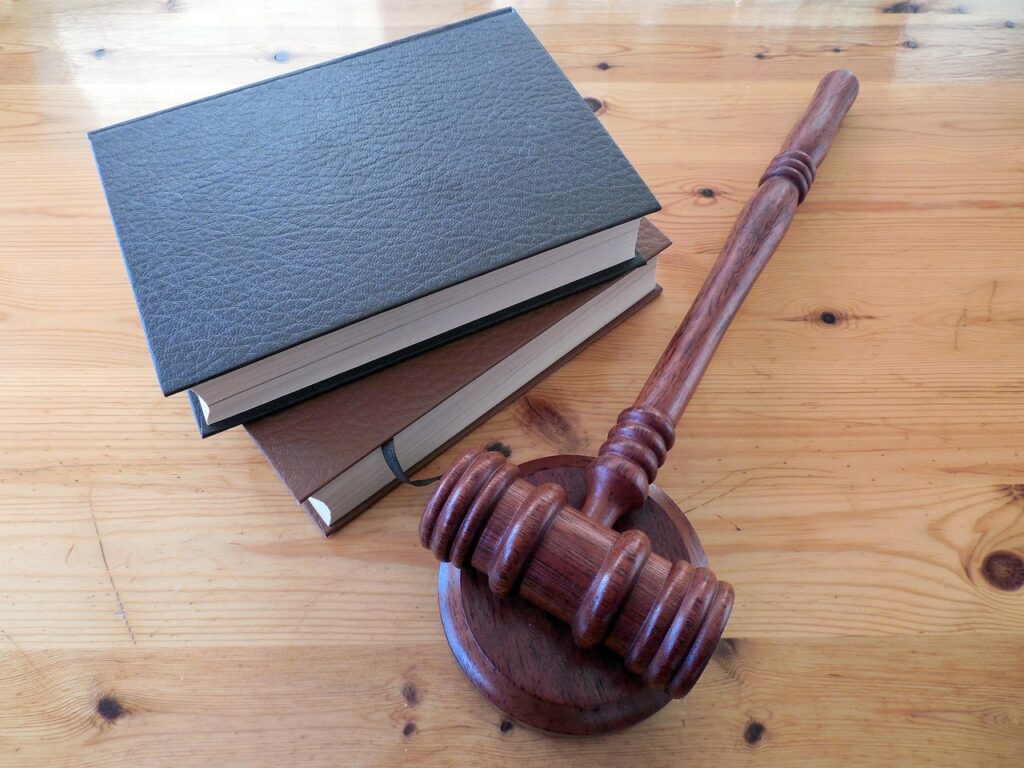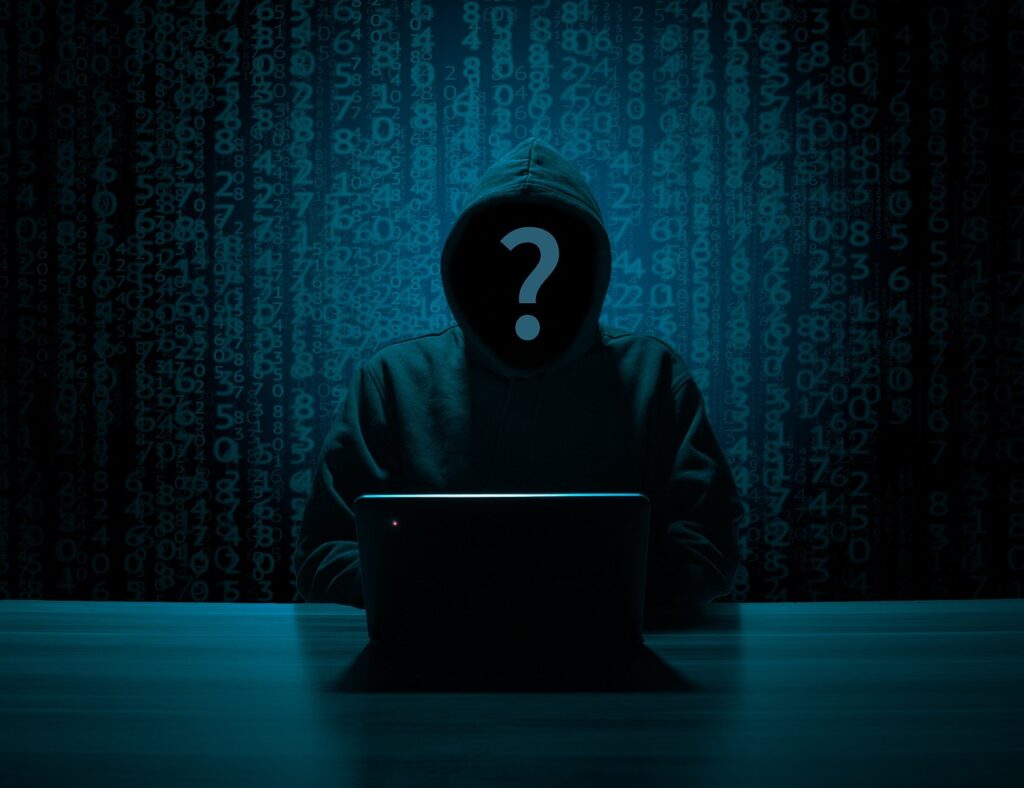You use UPI to pay for groceries, check WhatsApp before brushing your teeth, scroll Instagram during lunch, and maybe shop on Amazon at night.
So much of your life is online—but what happens when something goes wrong? What if someone hacks your social media, leaks your private information, or scams you using a fake website?
That’s where India’s Information Technology Act, 2000, steps in.
The IT Act is India’s main law to deal with everything related to the digital world—online transactions, cybercrimes, data privacy, social media, and more.
Whether you’re a casual internet user, a small business owner, or just someone who uses UPI and email, this law protects your digital rights and safety.
Why was the IT Act introduced?
The IT Act came into force in 2000, when India was still discovering the internet. At the time, the main aim was to give legal recognition to electronic contracts and digital signatures, so online businesses could operate smoothly.
But with the rise of social media, online fraud, and digital abuse, the law has evolved to cover cybercrimes, data misuse, and even content takedown.
It now includes provisions that help police investigate online offences and hold both individuals and platforms accountable.
Features
| Feature | What It Means for You |
|---|---|
| Legal recognition of digital transactions | Online contracts, e-signatures, and digital payments are valid under law |
| Punishment for cyber offences | Hacking, impersonation, photo leaks, and data theft are criminal acts |
| Government power to block content | Harmful websites and illegal online content can be blocked |
| Obligations for social media platforms | Apps like Facebook, Instagram, WhatsApp must help remove unlawful content |
| Compensation for data misuse | If your personal data is leaked due to negligence, you may be entitled to compensation |
This law doesn’t just help the government crack down on criminals—it helps you assert your rights when your digital privacy is violated.
How the IT Act Protects You in Real Life
Let’s break it down with real examples. These are situations you may have heard of—or even faced yourself.
| Situation | How the IT Act Helps |
|---|---|
| Your Instagram account is hacked | Section 66C punishes identity theft, and 66D punishes online cheating or impersonation |
| Someone uploads your private pictures | Section 66E covers privacy violation; Section 67 deals with publishing obscene material |
| You’re scammed by a fake e-commerce site | Section 66D + relevant IPC provisions on fraud apply |
| Someone keeps messaging or stalking you online | Combines Section 66A (struck down) but replaced in practice with Section 354D IPC |
| Your data is leaked by an app or website | Section 43A mandates compensation if negligence is proven |
The law also allows you to report offences anonymously in certain cases (especially for women and children), and to ask platforms to remove content that is harmful, defamatory, or obscene.
Now that you know how the IT Act protects you in real life, let’s look at what happens to the offenders—and how you can take action if you’re the victim.
What Are the Penalties Under the IT Act?
The IT Act, 2000, includes both civil and criminal penalties, depending on the type of offence. Here’s a quick table:
| Offence | Punishment |
|---|---|
| Hacking or unauthorized access (Section 66) | Up to 3 years imprisonment + fine up to ₹5 lakh |
| Identity theft (Section 66C) | Up to 3 years + ₹1 lakh fine |
| Online cheating (Section 66D) | Up to 3 years + fine |
| Publishing or transmitting obscene content (Section 67) | 3 to 5 years + fine (up to ₹10 lakh) |
| Privacy violation (Section 66E) | Up to 3 years + fine |
| Data leakage by companies (Section 43A) | Financial compensation to the victim |
Some cases also involve IPC sections, such as Section 420 IPC for cheating and fraud or Section 509 IPC for outraging the modesty of a woman.
What Do Social Media Platforms Have to Do?
Under the Intermediary Guidelines Rules, 2021 (framed under the IT Act), platforms like Instagram, WhatsApp, and YouTube are required to:
- Appoint grievance officers in India
- Remove unlawful content within 72 hours (or faster in urgent cases)
- Preserve user data for investigation
- Report offences to law enforcement in severe cases (e.g., child sexual abuse, terrorism, fake news)
This means you can report harmful content to platforms, and if they don’t act, you can legally hold them accountable.
If your social media account is hacked, here’s what you can do legally: Legal Steps to Take If Your Social Media Account Is Hacked
How to File a Complaint Under the IT Act
| Option | Details |
|---|---|
| Cyber Crime Portal | File a complaint online under “Other Cyber Crime” or “Women/Child Related Crimes.” Attach screenshots, URLs, and contact info. |
| Police Station / Cyber Cell | You can file an FIR even if the offence didn’t happen in your city. Ask for a Zero FIR. |
| Helpline 1930 | Use this number in case of financial fraud. Quick response improves your chances of recovering money. |
FAQs
1. Is the IT Act only for tech companies?
No. It protects individual users and punishes cybercriminals.
2. Can I file a complaint without a lawyer?
Yes. You can report online at cybercrime.gov.in without legal help.
3. What if my complaint is ignored by police?
You can escalate under Section 154(3) CrPC or file a complaint before a Magistrate under Section 200 CrPC.
4. Are screenshots considered valid evidence?
Yes, especially if they clearly show the offence and source.
5. Does the IT Act cover social media scams?
Yes. From fake profiles to phishing messages, several IT Act sections apply.



